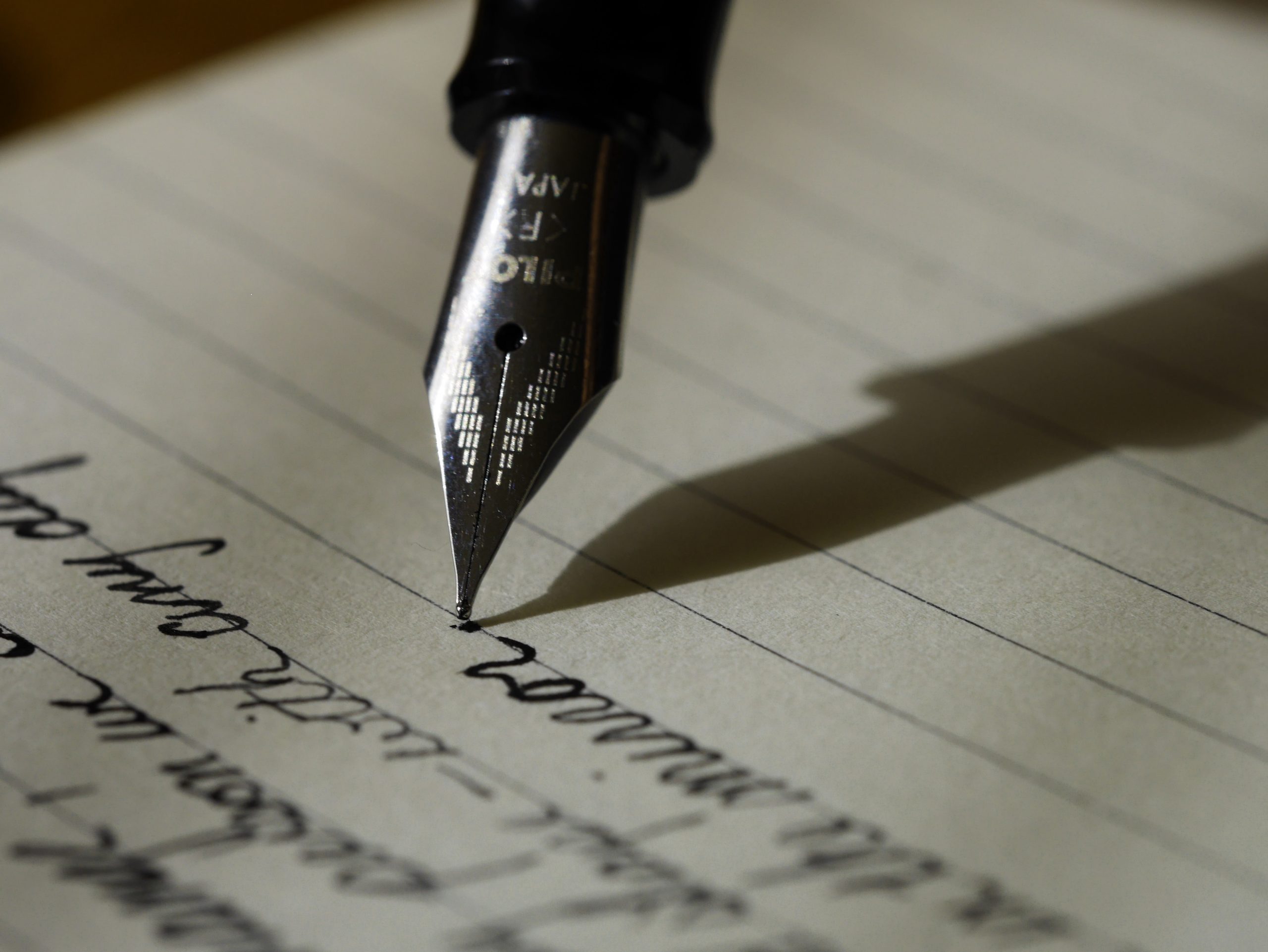In April of 2020, stuck at home like everyone else, I decided to commit to something I had thought about often but never actually got around to. In May of 2019, I actually challenged myself to write in my journal everyday because at the time, I would often go months between entries. The journaling challenge made me much more consistent at writing at least several times a week.
What I did this past month, is totally different. I googled 30 day writing challenge and I picked the first set of fiction prompts that I saw. Previously, when I tried to do this challenge, I had never made it to actually writing. I would comb through prompt sheets for an hour and not feel “inspired enough” by any combination of prompts. This time around, I had a stronger resolve and a whole lot of time.
For the most part I stuck to the prompt sheet pictured above. However, Adrienne Maree Brown was simultaneously hosting a pandemic writing month challenge, so on occasion I would choose her prompt.
What I Learned

Inspiration comes from doing, not thinking!
On the first day, I spent a lot of time looking past a blank page, imagining and piecing together a story. Then after maybe 40 minutes I started writing down and filling the gaps of the outline I had mentally created. While writing the first paragraph, I had a completely new and exciting ending to the story and then I had to choose if I would restructure everything I had planned. By then I was already growing impatient, so I sped through and wrote a complete, but lackluster story.
I found that it was easier for me to flesh out the details of a story if I just started writing with a vague concept in mind, rather than ‘wait’ for the masterpiece to come to me. Basically inspiration is a choice to work until you find something interesting in what you’ve done.

Intermittent fasting can be useful for more than just a hot bod.
For me, once I start eating, I am hungry for the rest of the day. I may get 2 hours of peace before I start thinking about food again. That is specific to my body type and others, however there are other drawbacks to eating right away than just consistent distraction. Most pressing is the energy your body expends for the process of digestion. I was always slower with writing immediately after I had eaten. The energetic tax of eating has a tangible effect on my brain and body.

Find the best time to do your most generative tasks.
I am impatient, especially if there is some task between me and sleeping. Naturally, after the first day (in which I started writing at 11pm) I moved the writing up to the afternoon. It wasn’t until a week or so in that I chose to complete the day’s writing first thing in the morning. The reasons this was great for me:
- I write faster in the morning because my brain holds nothing else from the day.
- I have more patience to write for up to 2 hours and make the stories complete.
- I can get this thing out of the way without it feeling like a burden.
Basically, if I scheduled writing as the first task of the day, the fiction got my best brain and I didn’t have to figure when in the day I would rip 1.5-2 hours away from other tasks. Plus it has been scientifically proven that we are more creative for the 20 minutes right after waking. (So yes, once I took a nap to reset my day and wrote as soon as I woke up and I think that works just as well).
Now I always frontload my hardest, most generative work because my brain is faster and there is no energetic competition with the rest of my to do list or digestion.
If you aren’t a morning person, this is still helpful. The main takeaway here is to put your hardest tasks in the part of the day where your brain works best!

Experimentation is the best way to learn.
Generally speaking, you’re going to be shit at something the first time you try it. But if you keep playing with the way you approach an activity, you’ll soon have personal data sets and be able to optimize your performance! Trying new methods, even when your current process works, is the best way to be sure that you are getting the most out of an experience and yourself.
Experimentation is super fun! There’s something delightful about learning how you work. Most challenges will teach you lessons that are applicable beyond the focus of the challenge itself.
Should you do a 30 day writing challenge?
You might as well. The amount I have learned about my general work process from the writing challenge is incredible. And not at all possible if I had not ventured to try. Even if you don’t enjoy writing, you could learn so much about the conditions that help you work at your peak.
Click here to subscribe and get my best content right in your inbox!
Leaving a review on Apple Podcasts does wonders for the soul! And you help my podcast to grow and get discovered by others who can benefit :]
Let’s Connect!
Instagram | Newsletter

One thought on “What I Learned From a 30 Day Writing Challenge”